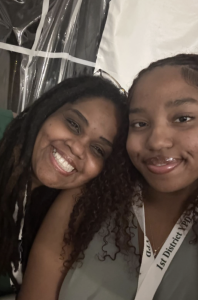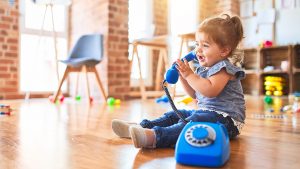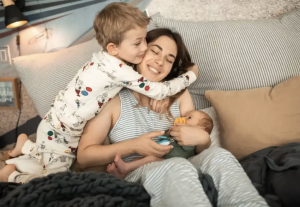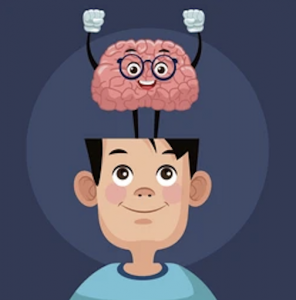
In this article, by Mayumi Adachi, there is a lot of emphasis on how to socialize children to music and what our largest role in this is. Adachi set up an observational study in a preschool classroom to demonstrate children’s involvement in music. We know that in preschoolers, child led play is very important as they are learning to demonstrate independence and find their own being in this new world, but Adachi found that within music, it is helpful to have some form of formal instruction. With children having instructions with music, they are able to develop their cognitive skills by beginning to understand what music is about. They can start to pick up on melody and patterns that they can hear rather than just understanding patterns that they see. Music is a way to connect adults and children because melody and tune are universal characteristics that we can observe regardless of age and understanding. By teaching children about these factors and truly facilitating an understanding of music, we can form a new bond and help create a new level of understanding within a young child and their environment.
Adachi, in their conclusion, proposes other questions to continue this study and find differences within the findings. They ask how cultural influences would affect this study, how parents’ temperament and sensitivities to new things could influence the findings, and if where the study has taken place would change the findings? Overall, Adachi touches on the impact of music on children’s lives and how we, as adults, can help guide them through these new findings. A great reading for people interested on the connections between music and development!
If you want to read more, click here!
Jenna Coplon
UConn KIDS Research Assistant












